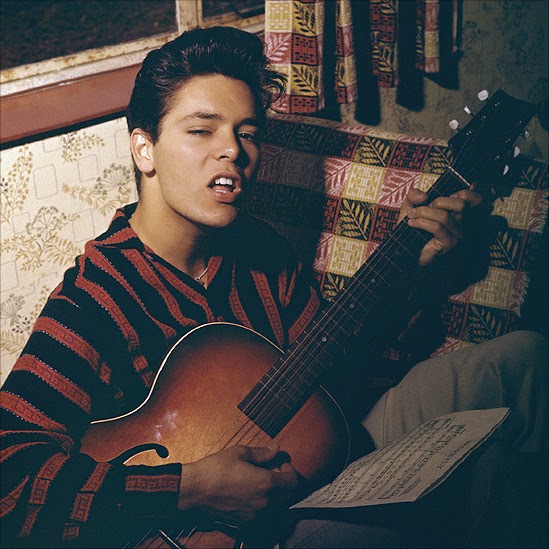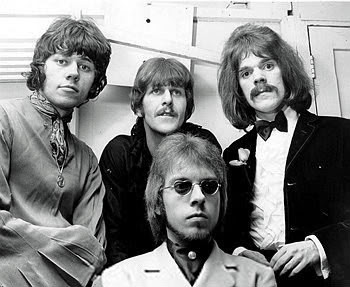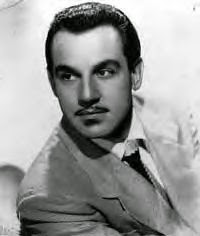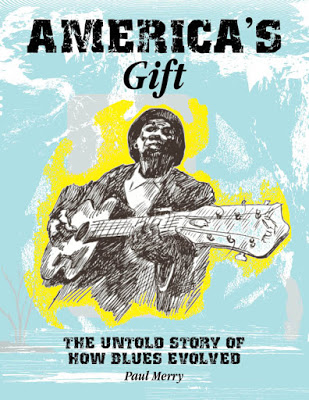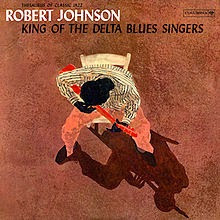David Bowie’s early days.
David Bowie died as he lived – with great style. Secretly cremated, with no fanfare, fuss, funeral service or even family present, Bowie’s parting gift to the world was the suitably named album, ‘Blackstar’, the name of a hidden planet, cancer lesion, and a song about death by his hero, Elvis, amongst other things. Released on his birthday, the Starman’s timing, as always, was impeccable. That he knew what was coming is now obvious. “Look up here, I’m in heaven” is just one of the album’s telling lyrics.

School photograph. David Bowie aged 14
Like Elvis Presley, Bowie’s birthday was 8 January. He would have been 69. Some reports say Bowie passed the day before his birthday. Others say he died two days after. At this point of time, only his family and close associates know the truth.
My own memories of Bowie, like most Brits of a certain age, started when he appeared on BBC TV show Top of the Pops – a 7.30pm Thursday evening British institution – playing an acoustic guitar, in 1969. The song was ‘Space Oddity’ – probably better known now for its opening line, “Ground control to Major Tom”. David’s appearance was noticeable for lustrous hair – curly, dark and very long (even by 1969 standards).
Bowie’s second major hit was in 1971 with ‘Oh, You Pretty Things’ – a song he wrote and played piano on, for Peter Noone, former lead singer of Herman and The Hermits. Bowie appeared a couple of times on Top of the Pops again, backing Noone on piano, in the May and June of 1971. Bowie later changed the lyrics and released the song himself on his album Hunky Dory recorded a few months later. Compare the two. You can hear Bowie’s backing vocals on the Peter Noone version. At the time, ironically, David Bowie was still a one-hit wonder while Noone and Herman’s Hermits (as they later became known) for a number of years rivalled the Beatles for popularity in the United States with a string of hits including four US number ones.
Bowie’s original version of Oh, You Pretty Things
Bowie’s Hunky Dory version
Oh, You Pretty Things, it’s claimed, was inspired by the English occultist Aleister Crowley, once labelled as a Satanist and wickedest man in the world. Jimmy Page, too, is a huge Cowley fan, once even owning Cowley’s former house.
Hunky Dory, an LP record Bowie started making without having a record deal, was the album that first made many sit up and take notice of of David’s emerging talent. Hunky Dory has often been described as a blueprint for what came later. Two stand out tracks, now Bowie classics, were ‘Changes’ and ‘Life On Mars’.
Now, much has been made of Bowie’s birthplace, London’s Brixton, which annoys people I know who hail from Bromley in Kent. As David Jones, the young Bowie moved to Bromley in 1953 when he was six, which perhaps explains his interest in Aleister Cowley. The infamous Satanist also lived for a while in Bromley, coincidentally dying in 1947, the year of Bowie’s birth.
Bowie’s interest in the blues was also apparent by the names of some of his first bands, Davie Jones and the King Bees (playing Howlin’ Wolf and Willie Dixon covers) and then the Mannish Boys. In 1966, playing in a band in Margate, Jones changed his name to Bowie to avoid being mistaken for the singer of the American pop group the Monkees, who was also English and also called Davy Jones. Bowie moved to London in 1967 and you know the rest.

Davie Jones & the King Bees. David’s 2nd right.
Bowie appeared on my own personal radar in 1971. Iggy Stooge (as he was then) had relocated to London where he was making the album ‘Raw Power’ by Iggy and The Stooges. This was the first Stooges album to include Iggy in its cover billing and Iggy, totally out of it, was responsible for the album’s mix. CBS didn’t like it and wouldn’t release Iggy’s version. Iggy’s management then brought in David Bowie to remix Raw Power into its current form. Bowie’s magic did the trick and the album is now considered one of the earliest influences on punk. Iggy, of course, later renamed himself Iggy Pop.
Bowie was also heavily involved with another CBS band that year, so had become a much admired young Turk by everyone associated with the record label. The band was Mott the Hoople, whose drummer, Dale ‘Buffin’ Griffin has also just died aged 67, and only days after David Bowie’s death was announced. (What, with Motorhead’s Lemmy and the Eagles’ Glenn Fry also dying this month, 2016 hasn’t been a good year for rock & roll so far, has it?)

“Raw Power” produced by Bowie in London
Bowie was producing Mott’s self-titled album, ‘All the Young Dudes’, and wrote the now iconic All the Young Dudes single especially for them. Lou Reed’s Sweet Jane’ was also on the album. Part of my job was to take rock journalists to concerts and to our amazement, one night both Bowie and Lou Reed joined Mott the Hoople on stage for a rousing rendition of All The Young Dudes and Lou Reed’s Sweet Jane. I can find no record of this concert but can assure you it happened, in an English coastal town sometime in 1972.
Apology to Barbara Charone
It’s now part of Bowie folklore that in mid-1973, he ended his Ziggy Stardust tour with some mega-concerts at London’s Earls Court, the massive aircraft-hangar type building where they used to stage the British Motor Show and other huge exhibitions. Tickets were like gold dust but I managed to swap a much coveted jumper for two ‘best in house’ tickets with a young American rock journalist called Barbara Charone. For reasons totally beyond my control, I was unable to pass on my jumper to Barbara and this still troubles my conscience to this day. If anyone knows where Barbara is now, please ask her to get in touch and I’ll gladly buy her the jumper I still owe her. If it’s any consolation to Barbara, as soon as the concert started, hundreds of fans stormed the front of the stage and stayed there the whole concert blocking everyone’s view. She would have found it impossible to take advantage of her great seats.
Call it karma.

